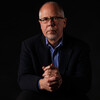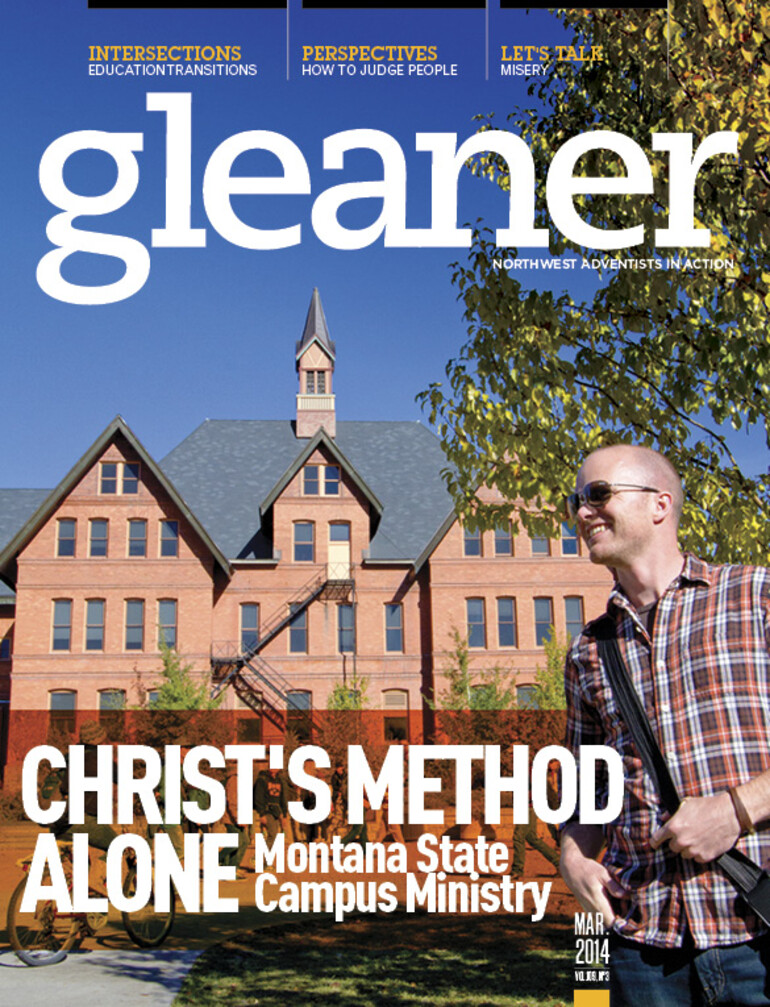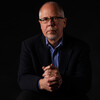I sit here in moribund misery. The valiant efforts of my body to repel an unwelcome viral intruder are greatly appreciated. Yet I am flopped unceremoniously in a chair. A pile of crumpled tissues mounts beside me, evidence of a fruitless effort to stem the relentless tide. This is not how the weekend was supposed to start.
Great plans — a dinner date with friends, Sabbath fellowship, delightful hours with a grandchild — have all been placed reluctantly back on the shelf. I am a carrier of an enemy I do not wish to share — hence my self-imposed quarantine in the basement-cave of recovery.
A stack of books sits awaiting my attention, but my puffed and bleary eyes have little interest in reading. Instead, I lean back in the recliner and wait for the next sneeze. O wretched man that I am, who will save me from this mortal flesh?
I feel strangely akin to Emma Lazarus' "huddled masses yearning to breathe free." But this shall pass in a few days. I will be up and around with my usual verve and vigor. The inconvenient moment will be forgotten like morning frost.
Yet in the midst of my superficial suffering, I am cognizant that for many the frost never dissipates. It, in fact, has turned to a shell of ice that is no mere inconvenience, no passing trifle. Their challenging circumstances turn my temporary speed bump into a matter of little consequence.
Come to think of it, I cannot recall a passage of Scripture in which the writer complains of a runny nose. “The Spirit bade me to make haste to Corinth,” said the apostle Paul, “but the enemy of souls delayed my departure with an insufferable ailment common to man.” No, that has apparently been edited out. God’s Word has bigger fish to fry, and so do God’s people.
The woman who can barely move with the symptoms of fibromyalgia; the nonsmoker who discovers he is inexplicably riddled with lung cancer; the nerve-damaged back that affords no relief from pain; the 13-year-old girl who lives daily with the horror of an abusive father; the single parent whose resources of time and money are never enough … these include some who are most eager for a better land. They know they are in great need. They are more than ready for a permanent solution.
The rest of us sense that present discomfort is fleeting, that good times will come quickly again. And we are at risk of the greatest disease of all — being rich with things that are not truly of eternal value. When Jesus cautioned about the difficulty of a rich man entering heaven, He spoke to us.
Ellen White notes that Jesus sometimes left whole villages healed of sickness and physical malady. Yet always the eternal purpose was paramount. He healed their bodies so He could heal their minds and hearts. This is where the promise of Scripture lies — not on physical healing, but the promise of abundant life now and forever.
In the meantime, please pass me a tissue.










